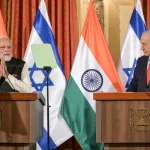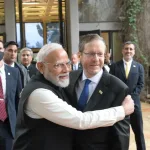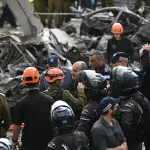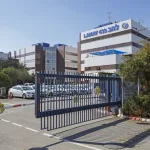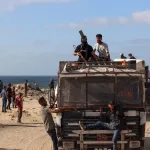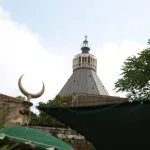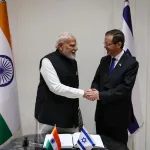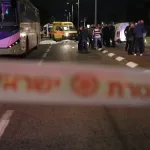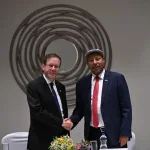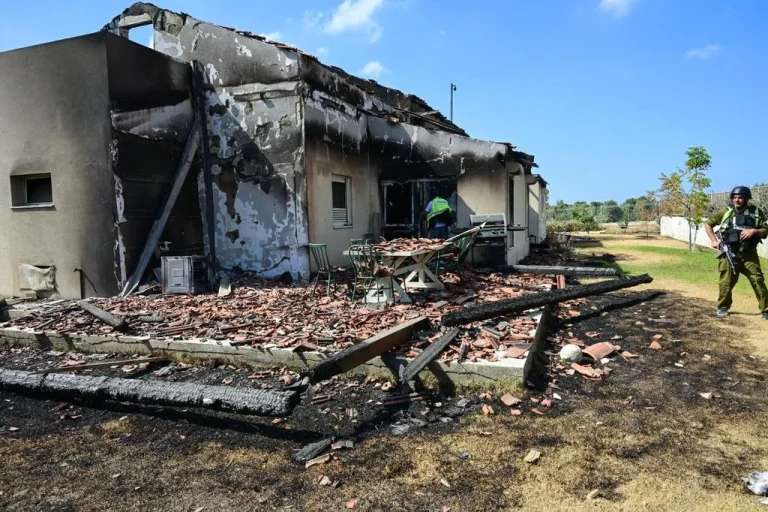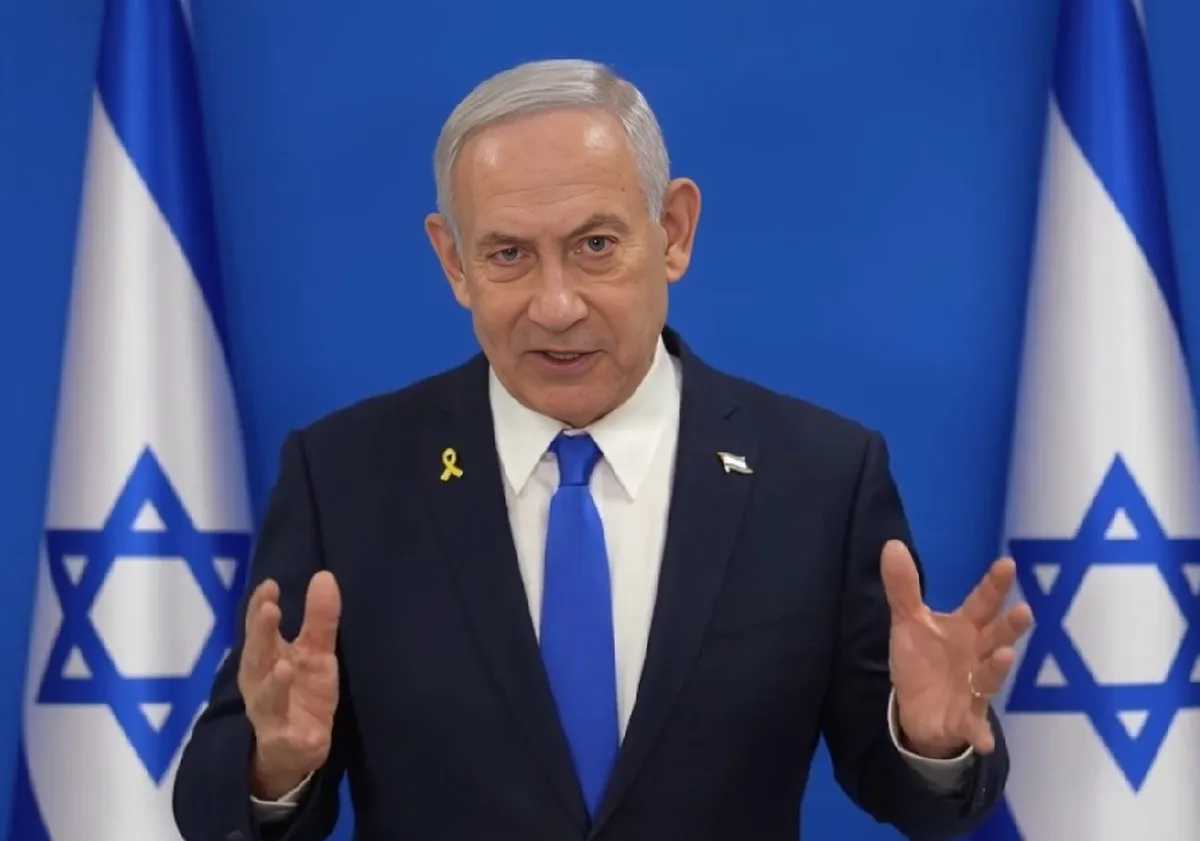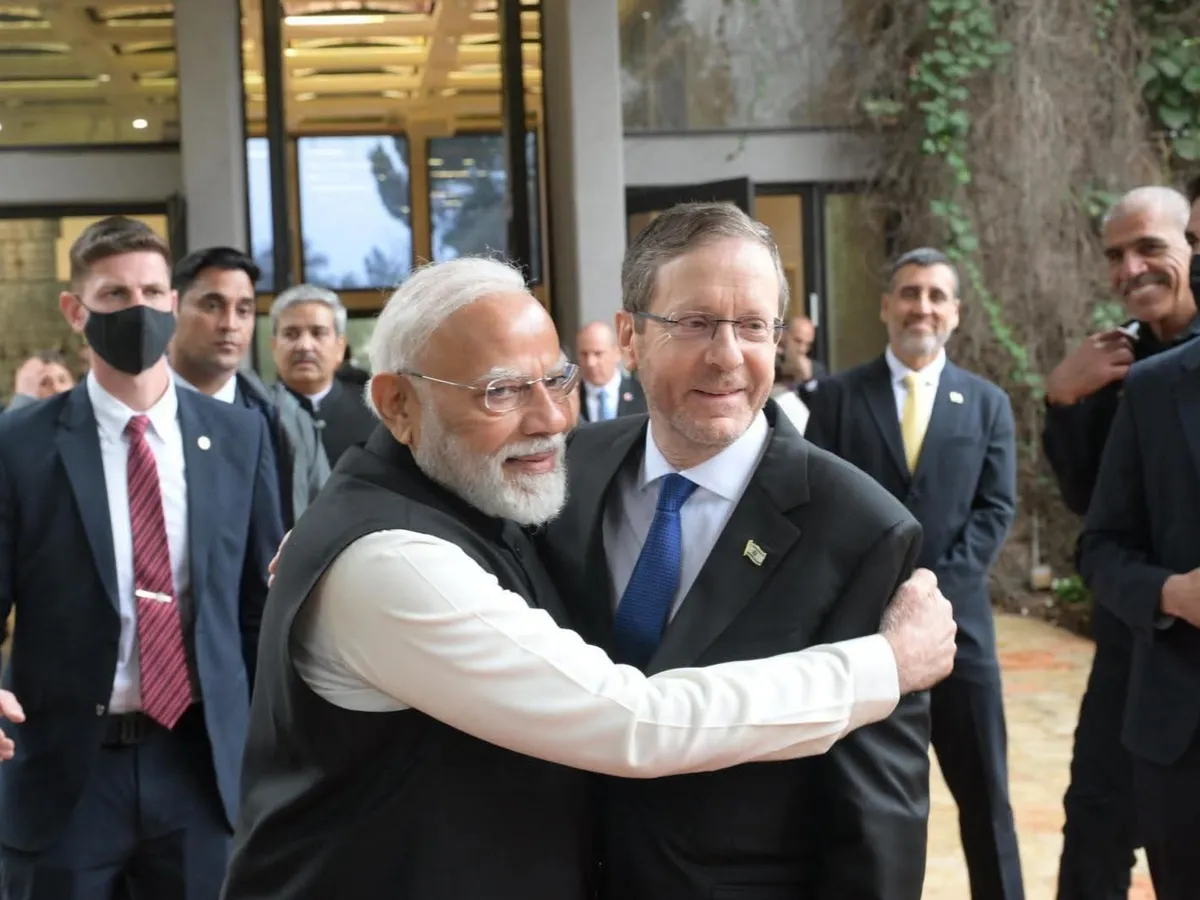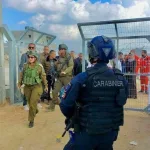Jerusalem, 22 October, 2025 (TPS-IL) — The Knesset’s State Audit Committee on Wednesday rejected an opposition proposal to establish a state commission of inquiry into the failures surrounding the October 7 attacks, sparking outrage from bereaved families and opposition lawmakers who accused the coalition of blocking accountability.
The proposal, submitted by committee chairman MK Miki Levy of Yesh Atid, was defeated by a vote of six coalition members against four from the opposition. The decision drew swift condemnation from Yesh Atid, which accused the government of evading responsibility. “Despite the end of the war, coalition members rejected the proposal to establish a state investigation committee for the October 7th failures,” the party said in a statement following the vote.
The rejection comes amid continuing calls for an independent inquiry to examine the political and security leadership’s handling of the Hamas attack that left more than 1,200 people dead and saw hundreds taken hostage. Last week, the high court of Justice ruled that the government must update within 30 days on plans to establish such a committee, noting that “there is no real dispute regarding the need for a committee with extensive investigative powers.”
Tensions in the committee room ran high during the vote, with MK Yaakov Aboutbul of Shas rebuking Yesh Atid’s Meirav Ben-Ari, telling her to “calm down” as debate grew heated.
Families of victims, organized under the October Council, reacted angrily to the committee’s decision. “747 days after the greatest disaster in the history of the State of Israel, and instead of actually implementing the conclusions of the State Investigation Committee, the Knesset members continue to make every possible effort to bury the truth,” the group said. “Those who voted today against establishing a State Investigation Committee see us—the bereaved families, the residents of the South, and the victims of October 7—as enemies. The days of grace they gave the Knesset are over. Now, as the kidnapped are returning one by one, it is time for the State of Israel to unite around one struggle—the struggle for the truth.”
The dispute over accountability has deepened as tensions rise within the coalition itself. Earlier in the day, Yesh Atid accused the government of “legislative paralysis,” noting that coalition leaders had withdrawn all bills from the Knesset agenda just three days into the winter session. “Another day without legislation in the minority government,” the party charged.
Coalition members defended the pause, citing scheduling conflicts caused by the visit of U.S. Vice President J.D. Vance to Israel. MK Simcha Rotman, chairman of the Constitution Committee, said that all coalition proposals would be postponed until next week.
The opposition has vowed to continue pressing for an independent inquiry with full investigative powers, arguing that only a state commission can restore public trust. The October Council, which represents families of victims and hostages, has warned that if the government continues to block the initiative, it will “intensify the struggle” until an investigation is established by law.
Prime Minister Benjamin Netanyahu has resisted calls for a formal state commission of inquiry, calling it “politically biased.” Critics accuse him of delaying and weakening the probe. Such commissions, led by senior Supreme Court justices, can summon witnesses, collect evidence, and make recommendations, though the government is not required to follow them.
Israel’s last commission, investigating a Mount Meron stampede that killed 45, held Netanyahu personally responsible in 2024.
Around 1,200 people were killed and 252 Israelis and foreigners were taken captive by Hamas during the Oct. 7, 2023, attack on southern Israel. The bodies of 13 hostages remain in Gaza.




